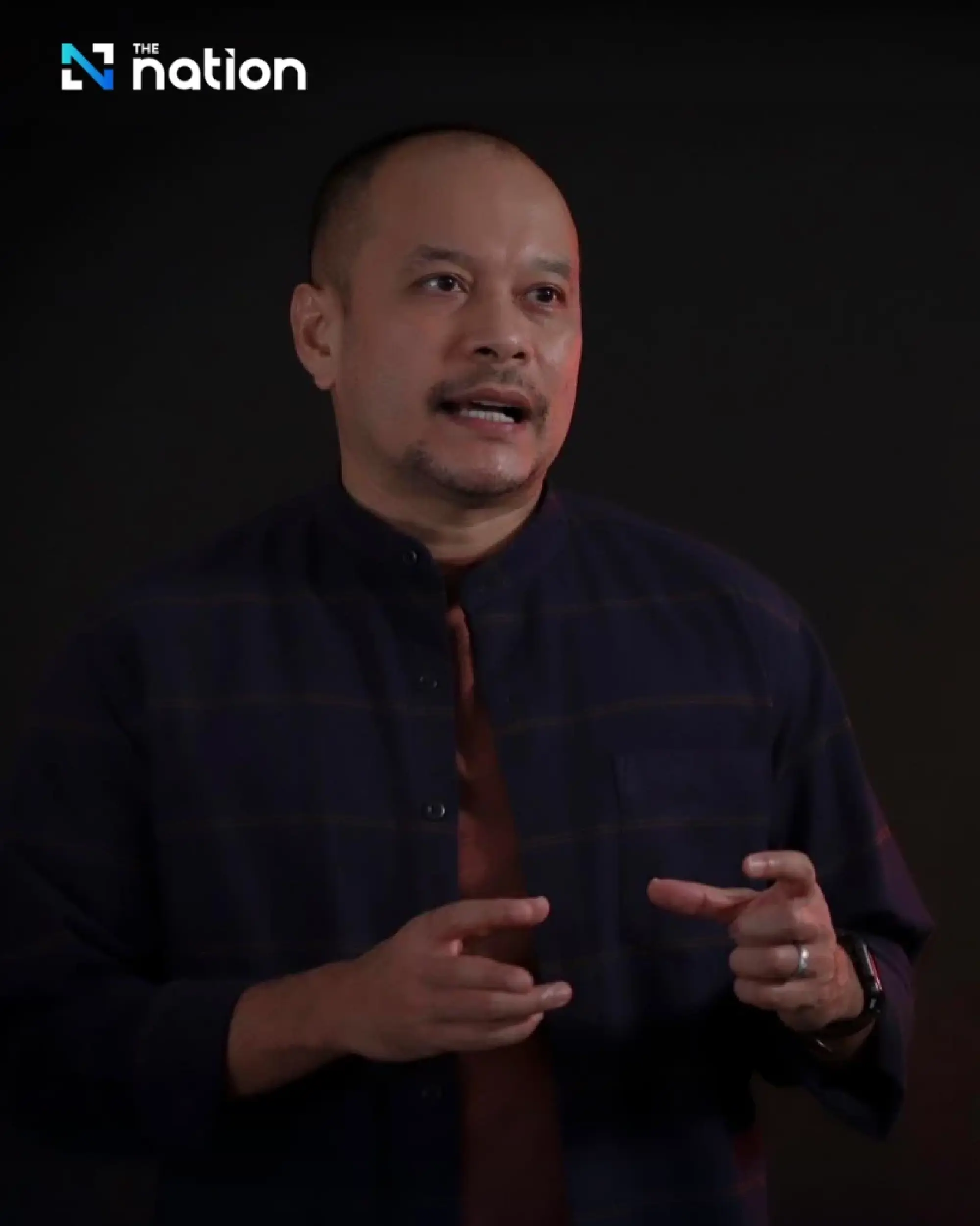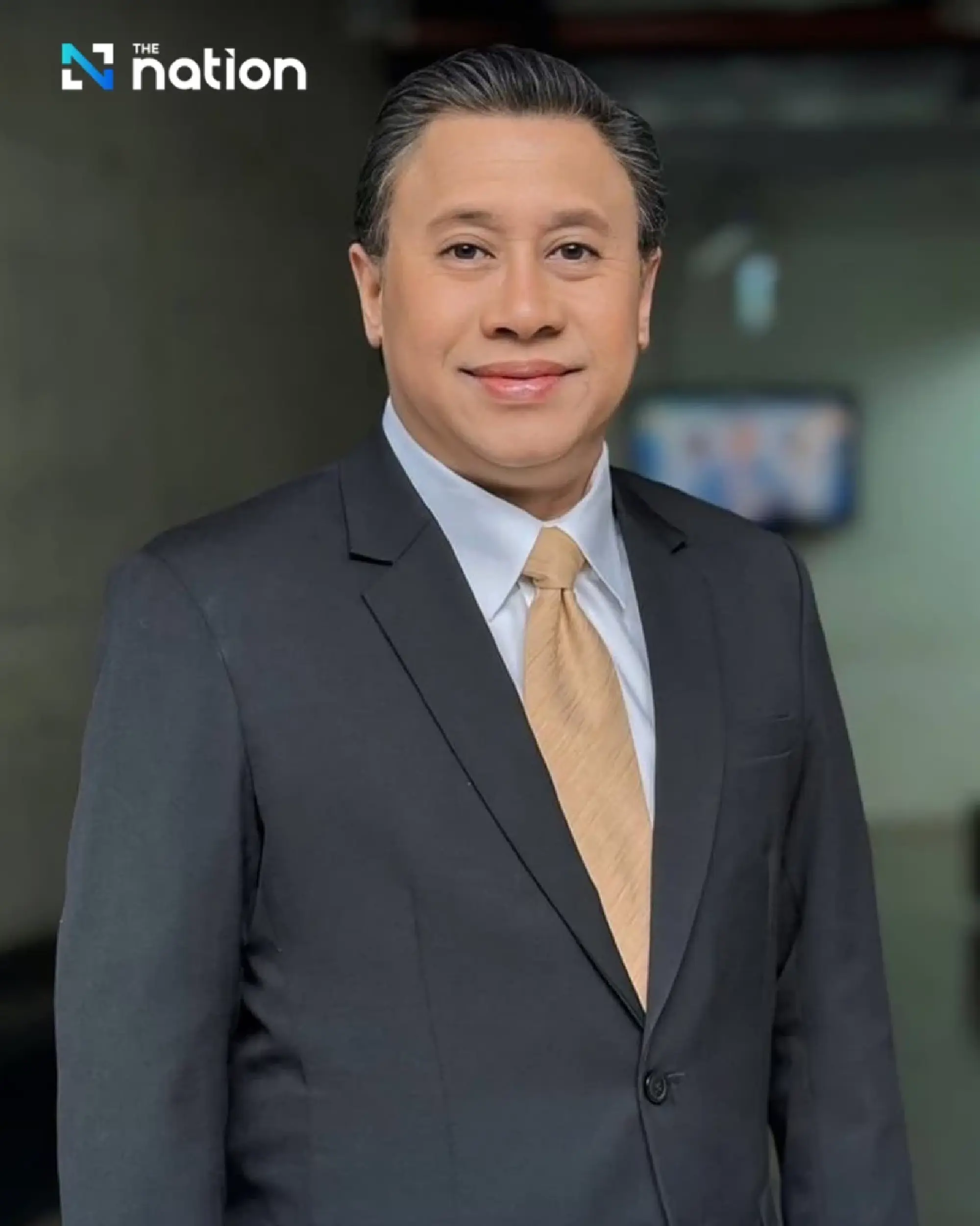November 28, 2024
Bangkok – Pheu Thai suffered a sharp decline in support in the general election on May 14, 2023, losing to the Kadima Party, which won 151 seats to Pheu Thai’s 141 seats.
One of the factors behind the decline is the party’s political communication strategy during the election campaign.
Driven by the momentum of overt and covert “air warfare” across the country, Forward took the lead in the final stages.
The efforts took advantage of social media platforms and synchronized campaign rallies led by party leader Pita Limjaroenrat. This sophisticated PR campaign has been preserved by Kadima’s successor, the People’s Party, which now leads the opposition to the Pheu Thai government.
After Paetongtarn Shinawatra took over the leadership of the Pheu Thai party and became Thailand’s 31st prime minister with overwhelming support from the alliance, the party adopted a cautious communication strategy. This approach is aimed at countering attacks by opposition forces, rival political camps and former power blocs. Social media, in particular, has become a major battleground, undermining the party’s long-term popularity.
Key figures in Thai political communication

Gila Jade Yellow Sapp
Jirayu Huangsap: Government Spokesperson
Jirayu is a former Bangkok lawmaker from the Pheu Thai Party who initially served as an adviser to Paetongtarn and was later appointed government spokesman. His role is aimed at addressing weaknesses in the Sreeta Taveesin government’s communications strategy.
Gilayu’s main focus is to promote the Prime Minister’s initiatives and achievements rather than to mount an aggressive political rebuttal. This was in stark contrast to his earlier role as an opposition MP, when he became known for sharp and effective debates with his opponents.

Natawut Saikwa
Nattawut: Monitoring far-right movements
The party continues to rely on Nattawut Saikua, a former director of the Wetai family. However, Natavu stepped down after Pheu Thai teamed up with former political rivals to form a government coalition.
Nattawut returned to Pheu Thai last month and was appointed by Paetongtarn as her political adviser. Natavut’s behind-the-scenes role is believed to be primarily to shape political communications for the government and Pheu Thai.
Natawut, in particular, received no formal salary when he served as adviser to the prime minister.
Natawut used his skills as a political communicator to become a staunch defender of Paetongtarn. He uses his personal Facebook page to discuss political issues, especially those that could destabilize the government in the future.
A key focus is countering nationalist and far-right rhetoric, which opponents have repeatedly used to challenge the prime minister. These include the dispute surrounding Memorandum of Understanding 44 between Thailand and Cambodia over overlapping maritime claims.
Nattawut also supports Pheu Thai in the Udon Thani Provincial Administrative Organization (PAO) election held on Sunday. This is his first cooperation with Pheu Thai Party veteran and former Prime Minister Thaksin Shinawatra since he rejoined the party.
His involvement in Pheu Thai’s campaign reflects his contribution during the 2023 general election, helping to maintain momentum and ensure that Udon Thani PAO remains under Pheu Thai’s leadership.

Jacob Penkel
Jakrapob: weightlifter for Thai Airways
Another key figure supporting Pheu Thai is Jakrapob Penkair, a former minister in the Prime Minister’s Office.
Most recently, he played a key role in revitalizing the Pheu Thai party’s campaign in Samut Prakan province, delivering a speech on “Current Thai Politics and Political Development Strategies” to galvanize support in the region.
Since returning to Thailand in March, Jarab has been assisting the Pheu Thai government with media interviews to counter various disinformation campaigns and attacks aimed at discrediting the East Thanh government and the party itself.
Jakraab has been featured in several media outlets, providing academic insights and criticizing the policies of Pheu Thai rivals, particularly the People’s Party. His efforts have focused mainly on countering the narrative of a “color clash” (red shirts vs. orange shirts) and engaging in debates about policy differences between the two sides.

Suraporn Suwanli
Surapong Suebwonglee: Shaping the image of Prime Minister Paetongtarn
Another key figure in shaping Paetongtarn’s communications strategy is Surapong Suebwonglee, deputy chairman of the Prime Minister’s Policy Advisory Group. Surapong has been instrumental in shaping Paetongtarn’s communications approach, dating back to her tenure as chair of the party’s engagement and innovation advisory committee and leader of Pheu Thai Family.
Suraporn’s communications team, known as “Natasha”, is tasked with managing the prime minister’s public image. However, their latest efforts have been met with criticism on social media, particularly regarding Paetongtarn’s performance at last week’s Forbes Global CEO Conference in Bangkok. Critics say she failed to inspire confidence in Thailand among international audiences.
Surapong’s “Air Combat” communications team has reportedly been working closely with Paetongtarn since its political debut. The team includes media professionals from Voice TV, some of whom are experienced presenters and presenters, adding depth to the Prime Minister’s media strategy.
Still, it faces challenges in dealing with criticism on social media. The team did not respond directly, instead relying on well-known figures to counter criticism. Meanwhile, the government’s official team of spokespersons has chosen to remain silent on these issues.
Interestingly, Pheu Thai’s evolving communications strategy appears to have attracted a group of experienced government enforcers. Current speaker Jirayu joins three former speakers: Jakrapob, who served in Thaksin Shinawatra’s first government; Surapong, who held the post during Thaksin’s second term; Nattawut briefly served in the government of Somchai Wongsawat.
Thaksin: master of communication
Another key figure in this communications ecosystem is Thaksin Shinawatra himself. As his daughter’s unofficial spokesman, Thaksin conveyed government policy, political messages and the personal defense of Prime Minister Bai Dongtan through local events and national and international media. This reflected his ongoing efforts to elevate her political status.




